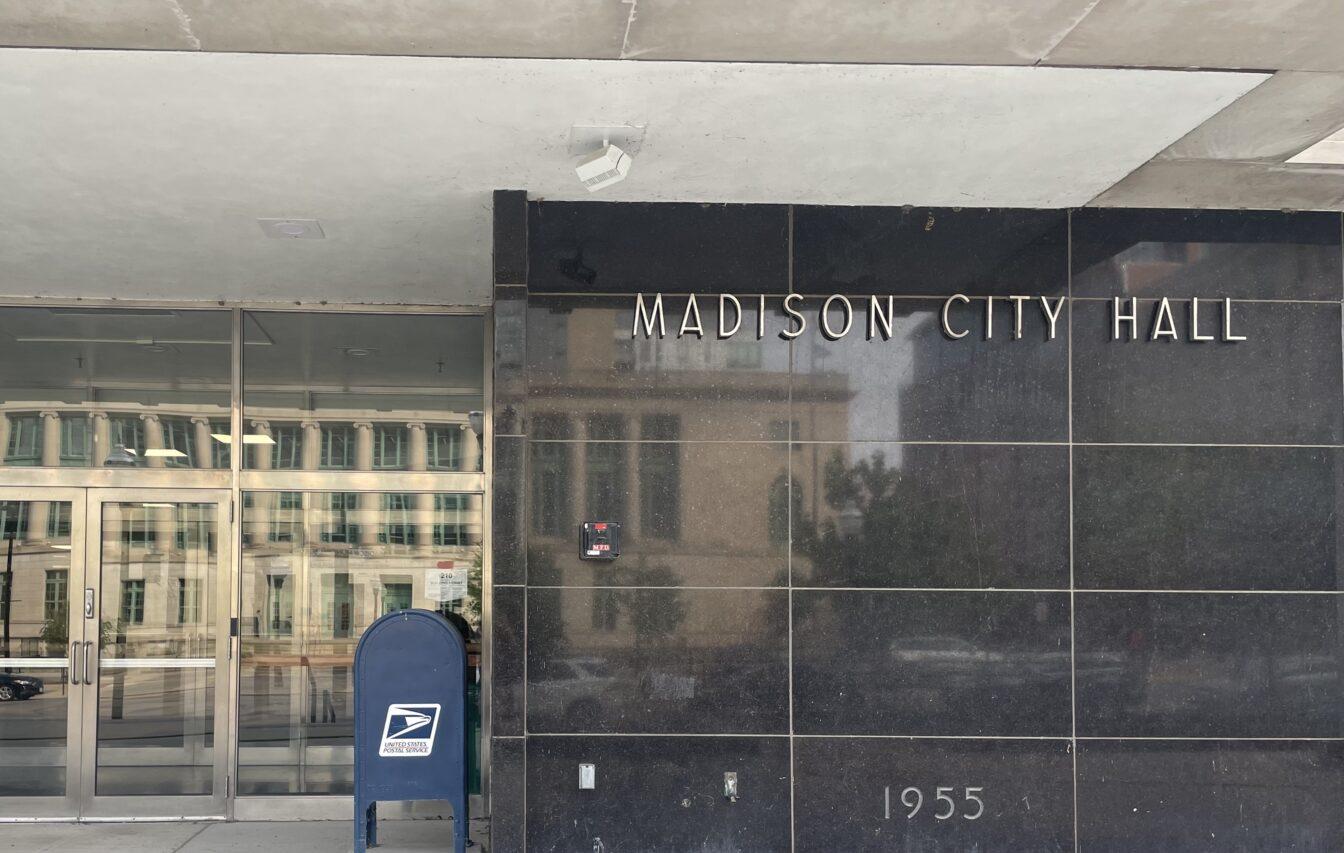The City of Madison hosted Cusco, Peru, Mayor Luis Beltrán Pantoja Calvo March 17–20 to meet with Madison Mayor Satya Rhodes-Conway as part of a sister city relationship established in 2022. The visit focused on exchanging insights between city and county officials, according to Madison-Cusco Sister City Alliance Founder and Mundo Esperanza Board President Victor Villacrez.
Previously, the program brought five members of the Ho-Chunk nation to live with members of the Quechua in Peru for three days last year. Villacrez said these kinds of cultural exchanges are an important aspect of the Cusco-Madison relationship.
“Sister cities are becoming an increasingly valuable community based organization,” Villacrez said. “It [provides] a good platform for initiatives to occur on an international basis as our world is changing, and how we relate to our fellow global citizens.”
Madison’s Sister City Program has been active for nearly 26 years with the purpose of developing lasting relationships between residents of Madison and foreign cities.
The program was created in 1998 with the hope of fostering sister city relationships and gaining better understanding of other cultures. Since its inception, the program has created relationships with ten other cities including Freiburg in Germany, Cusco in Peru, Obihiro in Japan and more, according to the City of Madison.
Madison’s relationship with its first sister city Freiburg, Germany, began in 1964 when the University of Wisconsin sent students to Freiburg as part of an exchange-program with the University of Freiburg, according to the Madison-Freiburg Sister City Committee.
Today, the UW-Freiburg exchange program offers students the opportunity to learn about culture while living and studying in Freiburg. UW student Tatum Thomson is currently enrolled in the program.
“They offer speaking sessions and lectures with professors and other individuals that help [UW students] accustom ourselves with German culture, while still being in our comfort zone,” Thompson said. “It helped me and other participants in the program get to know the city better because we were connected through that program. We found similarities and cultural significance through those lectures.”
According to the Madison- Freiburg Sister City Committee, Freiburg and Madison are similar in size and encourage the same types of businesses and industrial development. Both cities are also environmental leaders with Madison being one of the top ten green cities in America and Freiburg being a model city for solar energy development.
But each sister city relationship has a different area of focus, according to Madison-Obihiro Sister City Inc. Board President Josephine Oyama-Miller. The Madison-Obihiro relationship was established in 2006 with the program focusing on the exchange of mental health services.
In 1984, the Japanese government wanted to look at different ways of providing mental health care to residents. Representatives from the City of Obihiro were particularly interested in Wisconsin’s mental health model, which allowed people to be discharged from mental health facilities faster and created nonprofit support services within the community, according to Oyama-Miller.
As a result, the Obihiro hospital started sending groups of workers to Madison in 2004 to learn the history of mental health needs and services in Dane County, visit different community service agencies and interview individuals with mental health needs. The Madison-Obihiro program has also conducted student exchanges, farm exchanges, business exchanges and study groups, according to Oyama-Miller. These have created a strong bond between the two cities.
“The mental health servicing has changed how individuals in Obihiro are serviced as well as other parts of the country,” Oyama-Miller said.
Obihiro also became interested in establishing high school student exchanges based on the belief that starting with children meeting one another would lead to long lasting relationships and increase the students’ interest for exchanges later in their educational careers.
As a result, Obihiro High School started a high school exchange program in 1996, sending five to eight students to stay with host families in Madison for seven to 10 days. In total, Madison has had over 200 Japanese high school students and sent about 50 to study in Japan. This has opened the door for students to attend university at a sister city or live in a sister city later, according to Oyama-Miller.
As Wisconsin’s flagship university, UW has also played a role in developing the City of Madison’s relationship with Cusco, Peru. The Condor Eagle Conference of the Americas took place March 19 at UW to showcase UW research projects in Peru, such as sustainable landfill design and university-Indigenous relationships in regards to natural resources, according to a Facebook post.
UW and the Universidad Andina del Cusco have expressed interest in additional academic and collaborative exchanges, according to Villacrez.
“[This] goes to [show] the value of having a community based organization promoting these exchanges,” Villacrez said. “It fulfills a lot of people’s purpose in life to serve, be involved with nonprofits [and] engage with the city or the university. I think that’s one of the values.”


